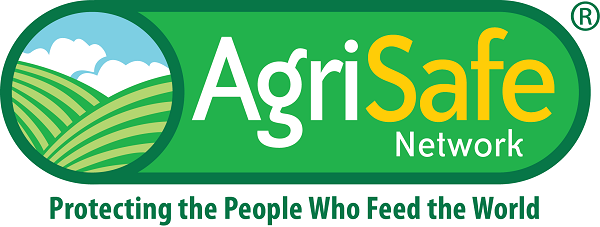AgriSafe Learning
Talking About Ticks - Lyme Disease
Recorded On: 11/15/2023
-
Register
- Non-member - Free!
- Member - Free!
Summary: As people spend more time outdoors, so do many insects and pests. Among them are ticks, which are small bloodsucking insects. The deer tick (also known as the black-legged tick) is found mainly in the Eastern and upper Midwestern regions of the U.S. It can cause conditions such as Lyme disease – the most common vector-borne disease in the United States. This webinar will cover the things you need to know to prevent tick bites when working outdoors, how to remove a tick if bitten, as well as the symptoms that can result from tick bites that may indicate Lyme Disease.
Intended Audience: This course is intended for Ag professionals, educators, and individuals involved in working and recreation outdoors.
Objectives: At the end of this webinar, participants will be able to:
Gain an understanding of tick-borne disease control measures to reduce exposure risks among ag workers.
Describe Lyme Disease and its regional variation.
Describe symptoms of the different types of Lyme Disease.
Identify workers’ rights and employers’ responsibilities for the workplace.
Abigail Kahrs, MPH
Program Coordinator
AgriSafe Network
Abigail Kahrs is the Program Coordinator for AgriSafe. She holds a bachelor’s degree in Animal Science as well as a Master’s in Public Health. She organizes, and coordinates educational opportunities and resources for farmers, farm labor contractors, farm workers, and their families on issues associated with health and work safety (pesticide safety, weather protection, and other occupational hazards) as well as overall agricultural worker family well-being. She primarily assists in the scheduling, training, and reporting of women’s health, infectious diseases, and youth safety programs at AgriSafe Network.
Key:
| Access Date | Quiz Result | Score | Actions |
|---|
Quick Search
Technical Difficulties
Submit a help ticket if you need technical assistance.
Having Computer Issues? Please check your internet browser and security settings to allow permissions for this website. Browsers: Microsoft Edge version 40 or higher; Chrome version 60 or higher, Firefox version 50 or higher; or Safari version 10.1 or higher. We recommend using Google Chrome or Firefox as your browser.
